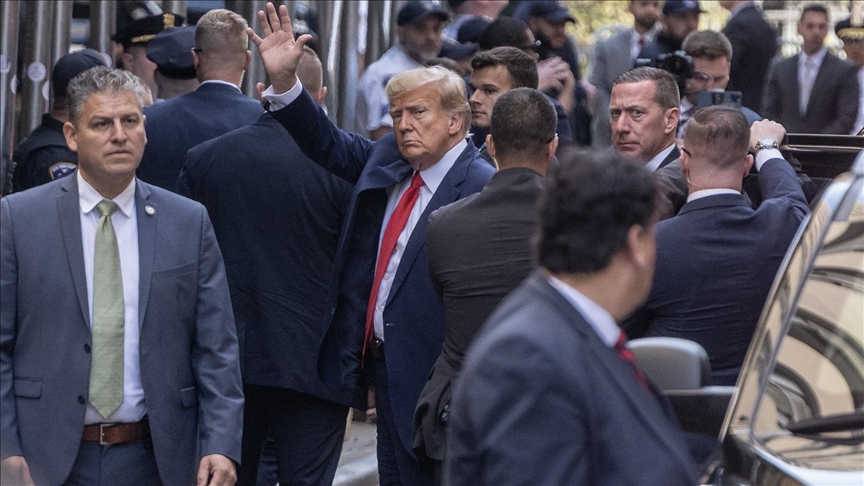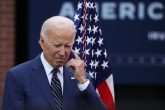With the American Supreme Court now considering former President Trump’s Colorado case, the debate around the 14th Amendment has become more tangible. The Colorado State Supreme Court had ruled that Trump engaged in an uprising against the American state during the January 6 events, and therefore, he could not participate in elections in that state. Similar decisions were made by the Maine State Secretary amid ongoing legal challenges against Trump using the 14th Amendment. The Supreme Court’s ruling in the Colorado case will determine the fate of efforts to prevent Trump from being on the ballot. The conservative majority in the Court raises expectations of a decision favoring Trump, but the rationale behind the decision is crucial for American democracy.
It won’t be easy for the Court to conclude the case without specifying a judgment on Trump’s role in the January 6 events. If the Court delivers a verdict stating that Trump was not involved in the uprising on January 6, it will be perceived as an indication of the Court’s politicization. This is because of Trump’s clear support for the crowd with his rhetoric and actions both before and after the Capitol riot, where he delayed intervening. Trump’s lawyers will cite statements attempting to calm the situation, but it’s known that Trump’s reluctant calls came too late. Moreover, Trump’s exertion of pressure on Vice President Pence to reject the results is evident, and the delayed dispatch of federal security forces to assist Capitol police remains a significant point of contention.
Despite Trump’s support for the events, the Court may decide that it does not qualify as an uprising or insurrection. Trump’s attorneys may argue that he exercised his constitutional freedom of expression, finding resonance in the court. The focus of the federal case led by special prosecutor Smith, appointed by the Department of Justice, on attempting to change election results rather than accusing Trump of inciting insurrection might be a strategic move. Evidence used to prove Trump’s involvement in the uprising could fall within the realm of free speech, weakening the case. Hence, it’s suggested that Prosecutor Smith is preparing a case that won’t be easily dismissed by the Supreme Court.
It wouldn’t be surprising if the Supreme Court rules in favor of Trump based on freedom of expression or a different legal interpretation. In such a scenario, efforts to block Trump via the 14th Amendment would prove futile. On the other hand, concerns about the potential political chaos and violence resulting from his blockage, along with Trump’s uttered threats, become subjects of debate. In a viewpoint expressed by former FBI Director Comey, there should be no hesitation in ruling against Trump, as the fear of chaos cannot negate the concept of the rule of law. Comey argues that, as seen in investigations into the January 6 events, there is a crowd of Trump supporters willing to go to jail for him. The possibility of political chaos and violence resulting from his legal blockage has consistently worked in Trump’s favor. Now, whether through the ballot or other means, any scenario where Trump is not in power will be perceived by Trump supporters as an operation by the American deep state. Therefore, in a scenario where Trump seemingly holds the system under duress, the Supreme Court’s decision will either convey a message of empowering voters or demonstrate that the law operates against everyone, even a former President.



